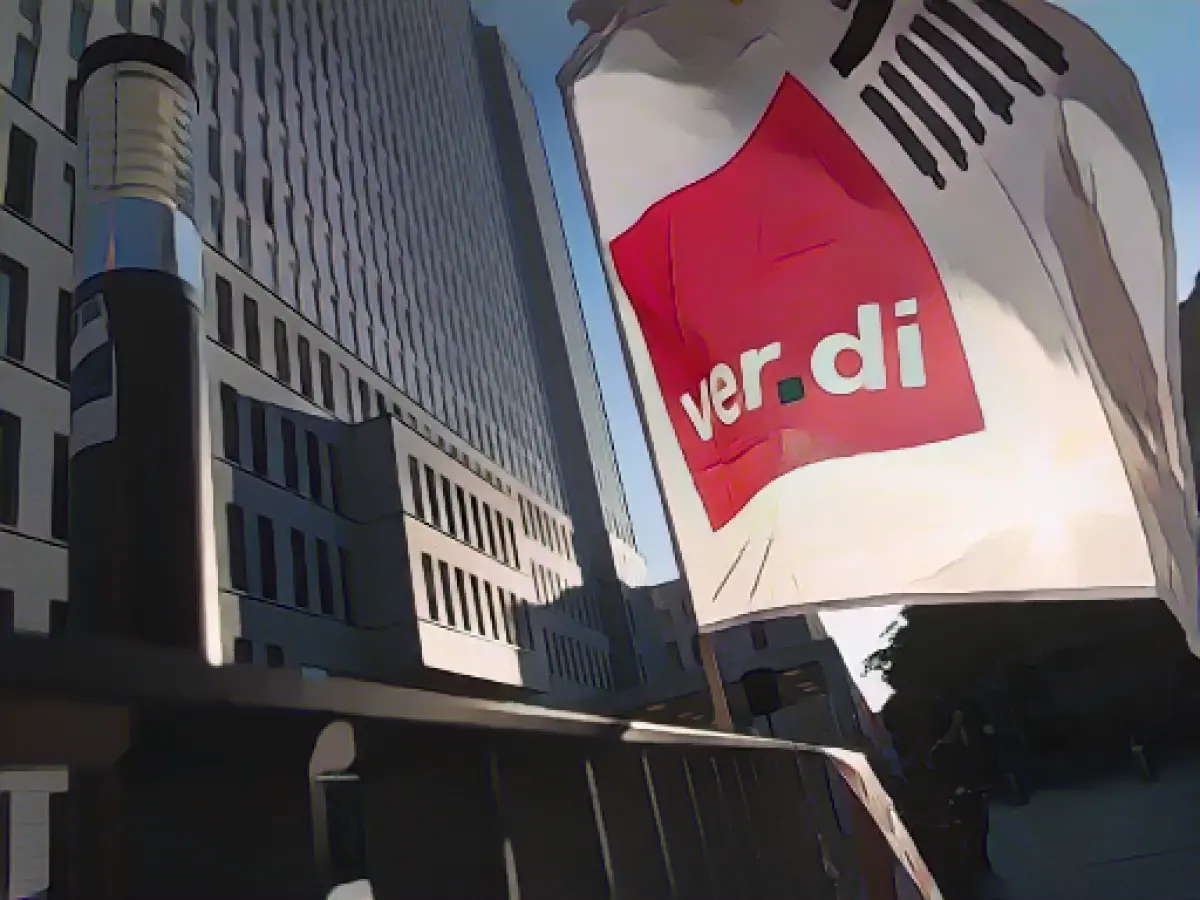Trade Union Dispute Persists in Public Sector Wages
Amidst the ongoing wage dispute in Germany's public sector, trade unions like Verdi and DBB (civil service association) are determined to push for a wage hike, insisting on an 8% increase in salary and minimum pay rise of €350 per month, along with additional benefits[1]. While these demands may seem substantial, the union argues that it is essential for maintaining livable wages and fair compensation for public sector employees.
This wage dispute has ignited multiple protest actions, with strikes occurring at various building yards in Hamburg, as well as basic security and social services departments in Bergedorf. With Verdi demanding a 10.5% increase in income and at least €500 more per month, public sector workers are eager to negotiate a settlement that acknowledges the value of their work and improves their livelihoods[2].
Despite the collective resolve from the union, the employers and government have disagreed with their asked-for wage hikes, citing budget limitations[1]. Previous negotiations have proved challenging, and agreements are not expected until the third round of talks in mid-March at the earliest[3]. If negotiations are unsuccessful, further strikes and potential disruptions in public services remain a possibility.
Workers in crucial industries such as healthcare, education, and transportation are particularly affected by this dispute. For instance, the transit operator BVG has already witnessed strikes initiated by the Verdi union, leading to disruptions in service. In a politically charged climate, with government entities advocating for budget cuts and austerity measures, the negotiations present complex challenges for all parties involved[3].
To counter the opposition, some unions such as the Verdi have faced criticism for their perceived handling of past conflicts, with some members feeling that union representation has fallen short[3]. Alternative approaches, such as those advocated by the Transport Workers Action Committee, call for more independent and militant union actions, including the formation of action committees and the disclosure of negotiation protocols[3].
As this dispute unfolds, it remains to be seen how this impactful conflict will shape the future of public services, working conditions, and labor relations in Germany. In the interim, both unions and employers must work towards a resolution that ensures a fair and sustainable wage structure, tailored to accommodate the needs of those who serve the public.








